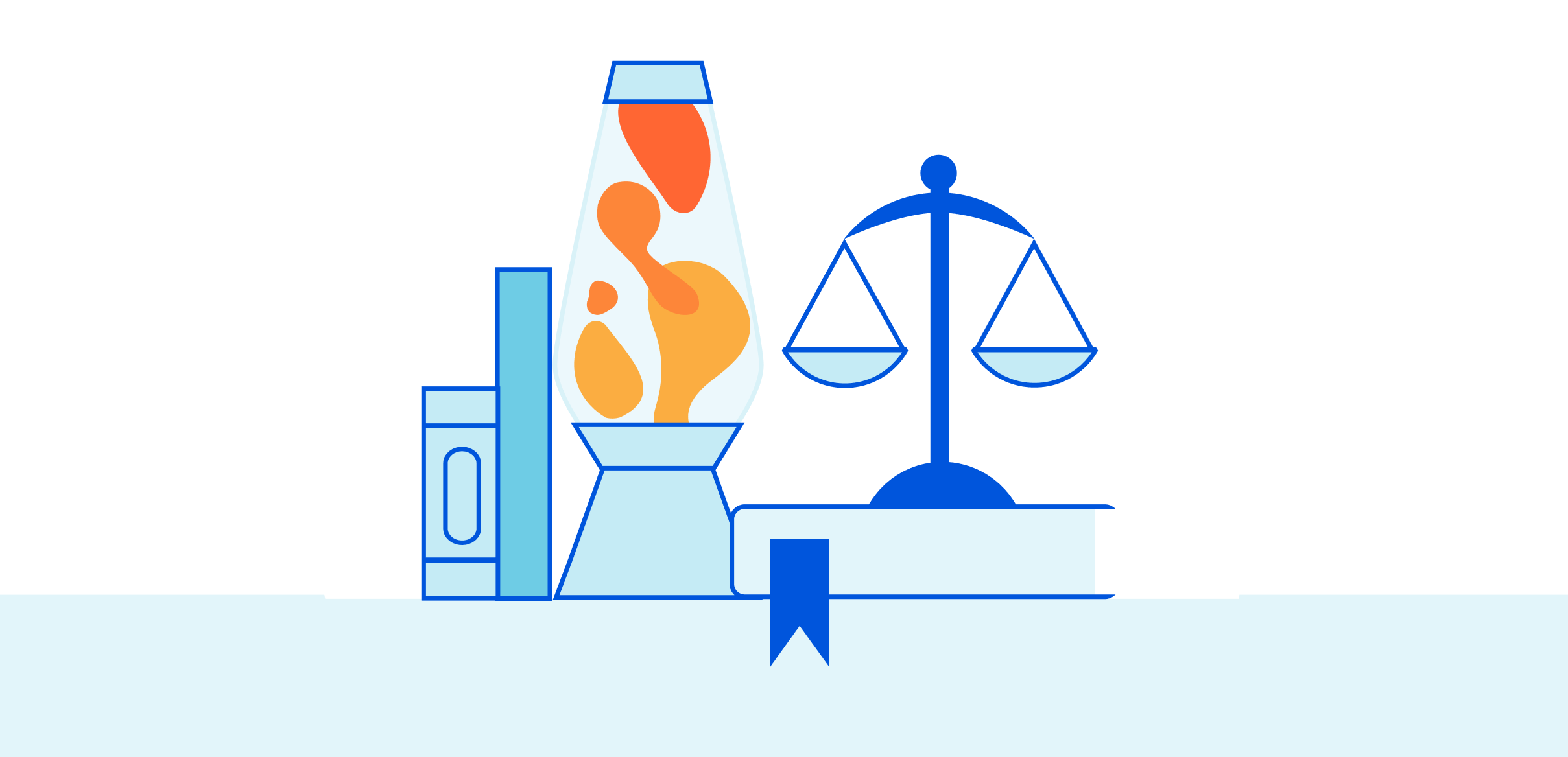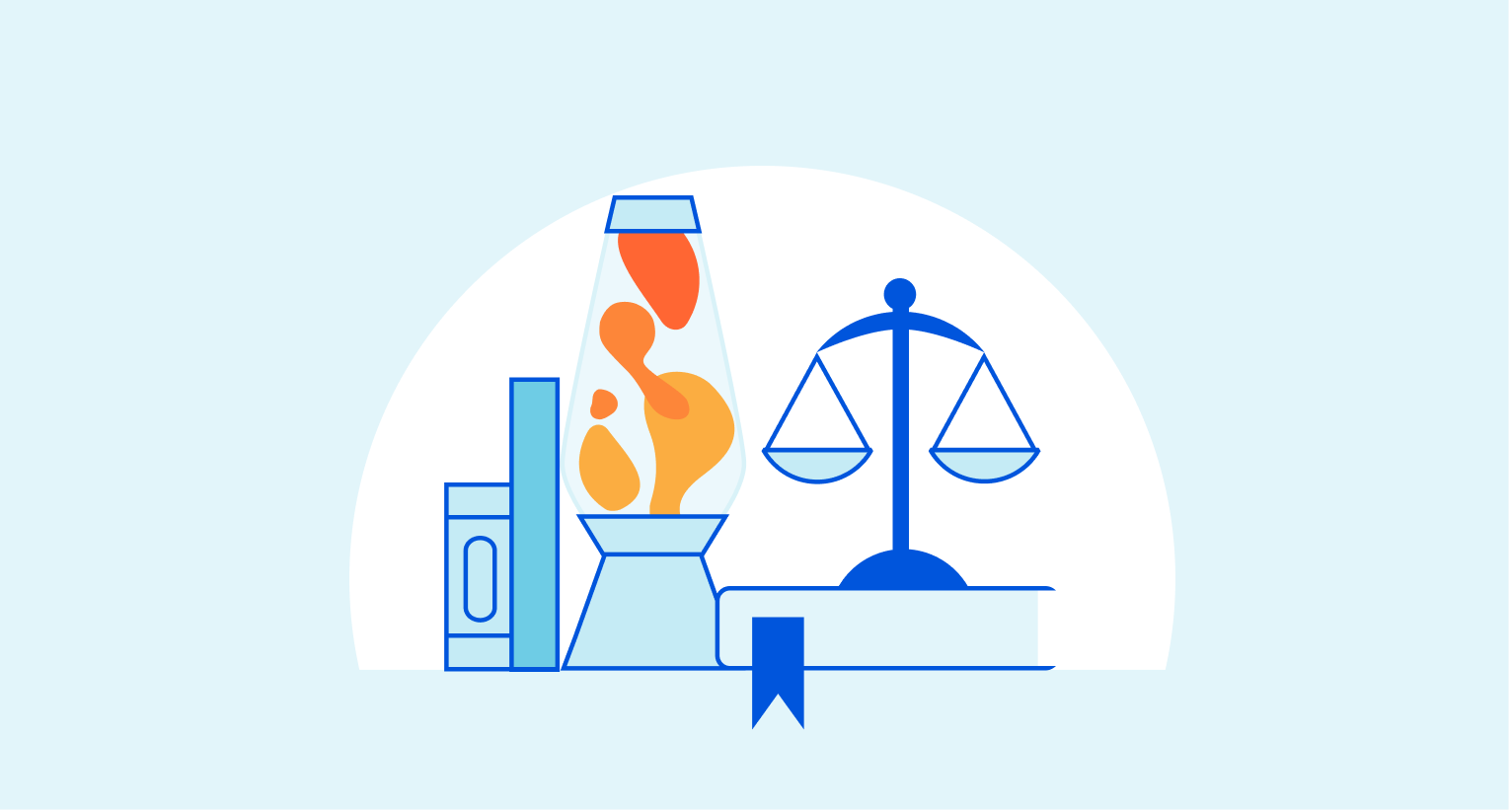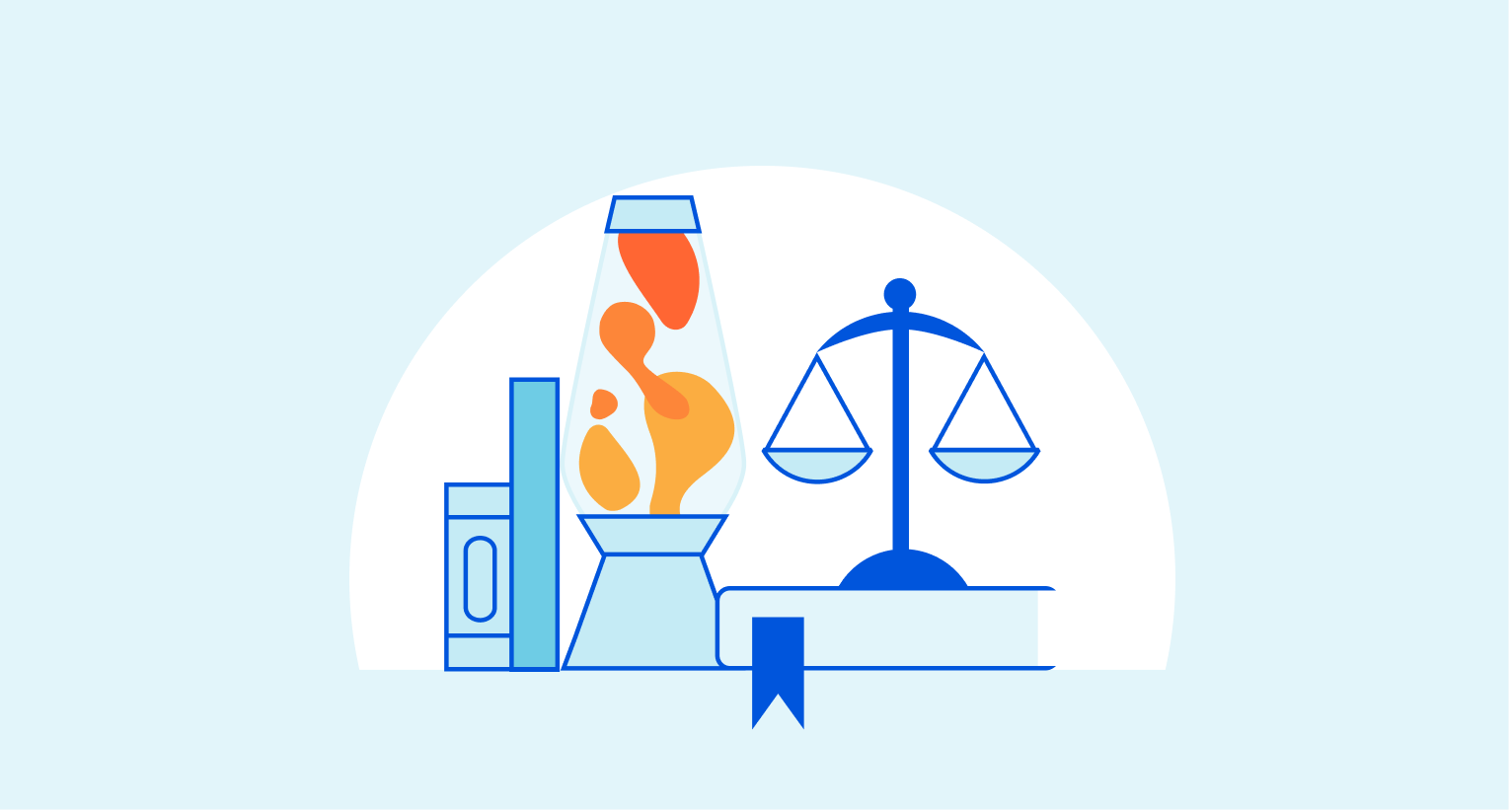Author Archives: Patrick Nemeroff
Author Archives: Patrick Nemeroff
This post is also available in Deutsch.

A recent decision from the Higher Regional Court of Cologne in Germany marked important progress for Cloudflare and the Internet in pushing back against misguided attempts to address online copyright infringement through the DNS system. In early November, the Court in Universal v. Cloudflare issued its decision rejecting a request to require public DNS resolvers like Cloudflare’s 1.1.1.1. to block websites based on allegations of online copyright infringement. That’s a position we’ve long advocated, because blocking through public resolvers is ineffective and disproportionate, and it does not allow for much-needed transparency as to what is blocked and why.
To see why the Universal decision matters, it’s important to understand what a public DNS resolver is, and why it’s not a good place to try to moderate content on the Internet.
The DNS system translates website names to IP addresses, so that Internet requests can be routed to the correct location. At a high-level, the DNS system consists of two parts. On one side sit a series of nameservers (Root, TLD, and Authoritative) that together store information mapping domain names to IP addresses; on the other Continue reading


Since the founding of the Internet, online copyright infringement has been a real concern for policy makers, copyright holders, and service providers, and there have been considerable efforts to find effective ways to combat it. Many of the most significant legal questions around what is called “intermediary liability” — the extent to which different links in the chain of an Internet transmission can be held liable for problematic online content — have been pressed on lawmakers and regulators, and played out in courts around issues of copyright.
Although section 230 of the Communications Decency Act in the United States provides important protections from liability for intermediaries, copyright and other intellectual property claims are one of the very few areas carved out of that immunity.
Over the years, copyright holders have sometimes sought to hold Cloudflare liable for infringing content on websites using our services. This never made much sense to us. We don’t host the content of the websites at issue, we don’t aggregate or promote the content or in any way help end users find it, and our services are not even necessary for the content’s availability online. Infrastructure service providers like Cloudflare are Continue reading